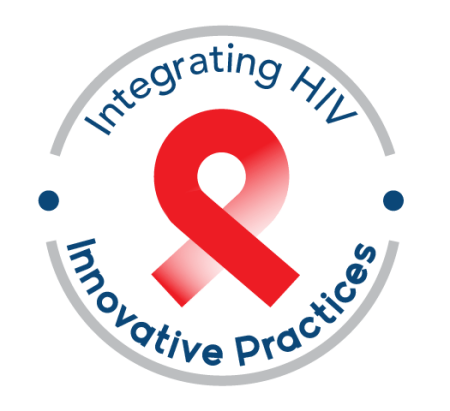Webinar series featuring HIV care innovations developed under the HRSA HIV/AIDS Bureau’s Special Projects of National Significance (SPNS) program. Sessions share insights on how to replicate SPNS interventions.
Components
- Two HIV care interventions that address specific challenges faced by people with HIV as they provide comprehensive care and support: LINCS (HIV and syphilis partner services, linkage to care, and Navigation) and HIV Clinical Pharmacist Services (decreasing the time between referral and linkage to care).
- Two interventions that use a comprehensive approach to address specific challenges faced by people of color with HIV: Black cisgender and transgender women with HIV and people with HIV prevent hepatitis C virus (HCV) infection or reinfection.
- Review of Data to Care, an approach for leveraging existing clinical data and public health surveillance systems to identify people with HIV who are not engaged in care.
- Review of Addressing STIs: Ask. Test. Treat. Repeat., an intervention for people with HIV or those who are vulnerable to HIV acquisition.
- Two interventions with a focus on priority populations affected by the HIV epidemic: newly diagnosed and out-of-care Mexican men and transgender women and Latina transgender women.
- Review of two interventions that focus on priority populations affected by the HIV epidemic: youth and people with HIV who are experiencing homelessness or unstable housing.
- Partnership between jail staff and public health prevention staff created new data communication systems and bundled services for clients upon release.
- Review of two interventions--Text Me, GIrl! and Viviendo Valiente--to improve link clients to care and improve health outcomes, focusing on transgender women and persons of Mexican origin.
- Two interventions (KC Life 360 and HHOME) that provide layers of supportive services for people with HIV who are unstably housed.
This resource was developed by
IHIP
